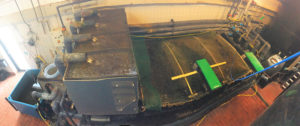
Electrochemical treatment of RAS water
Study evaluates electrochemical oxidation as a means to improve water quality in RAS systems and shows it’s possible to remove total ammonia nitrogen.
Pathogen-resistant crawfish and microencapsulated aquafeed supplements are two examples of how Australia’s aquaculture industry is always innovating.

Study evaluates electrochemical oxidation as a means to improve water quality in RAS systems and shows it’s possible to remove total ammonia nitrogen.
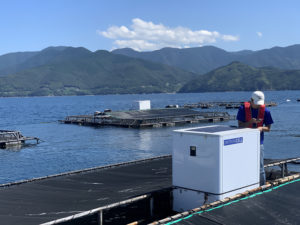
Progressive aquaculture companies are harnessing the power of artificial intelligence (AI) from firms like Umitron and Aquaconnect to improve operations.
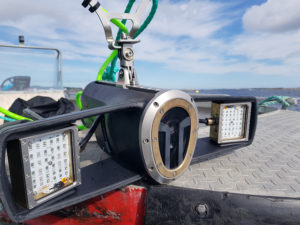
Salmon farmers in Norway are trialing two new technologies, including one from Silicon Valley, in their ongoing battle with the persistent sea lice.
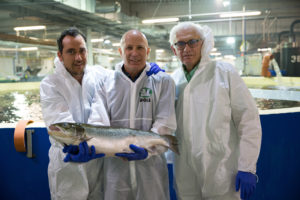
Israel-based AquaMaof has seen its RAS technology rolled out to 10 facilities around the world, with more still in the pipeline.
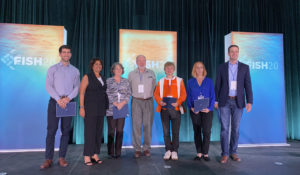
Nearly 40 entrepreneurs took the stage to pitch their seafood industry-changing innovations in front of a room full of discriminating investors.
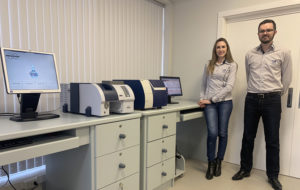
Global Aquaculture Innovation Award finalist Pegasus Science aims to simplify mycotoxin measuring in aquafeeds with near infrared (NIR) spectroscopy.
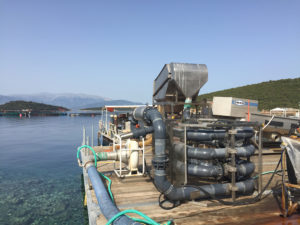
Global Aquaculture Innovation Award finalist Ace Aquatec’s Humane Stunner Universal easily renders fish unconscious for a more humane slaughter process.

Global Aquaculture Innovation Award finalist Arbiom is steadily proving the efficacy of its alternative feed ingredient SylPro, made from woody biomass.
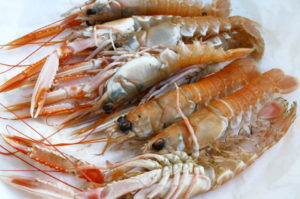
A new type of chitosan-based bioplastic, made from shellfish shells, emerges as a potential solution for global food waste and marine plastic pollution.

A Singapore-based company aims to make Lesotho, a nation of 2 million people, known for a local fish that’s truly anything but local: Atlantic salmon.

As business leaders switch focus from biofuels and energy to food security, one convert dubs the aquafeed opportunity a needed “redeployment” of knowledge.
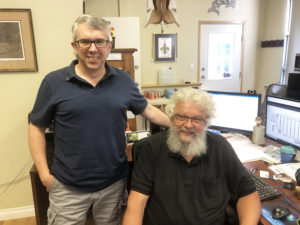
JLH Consulting has spent the last four years working on a better RAS setup designed to prevent overcrowding of fish and ultra-low energy demand.
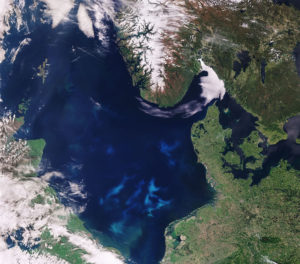
The causes and effects of harmful algal blooms have only been studied recently, as damage to the global aquaculture industry mounts.
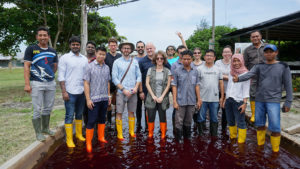
Because shrimp farmers lack accurate in-pond inventory, startup Minnowtech is on the verge of offering a data-driven solution. It’s got something to do with jellyfish.
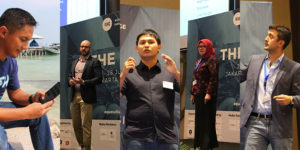
The Aquaculture Innovation Challenge, a contest organized by Netherlands-based Seafood Trade Intelligence Portal, sought to give Indonesia’s struggling shrimp sector a boost.